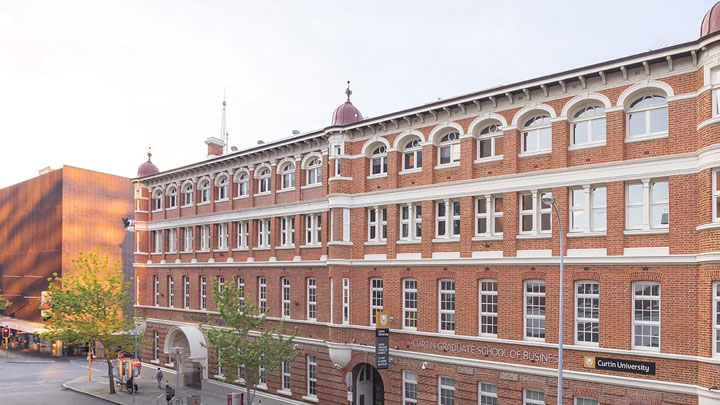MBA in Australia to Earn Money
MBA in Australia to Earn Money
We used to think of Australia as a distant land of sun, surf and barbecue. But last month, The Economist published a ranking that completely turned our perception of this country – Australia ranked first in terms of salaries for MBA graduates.
The average MBA graduate from Curtin Business School in Western Australia has earned about $155,000 this year. This is significantly more than graduates of the top business schools in the US and Europe. For example, former Harvard students managed to earn $121,785 this year, Tuck $115,143, Darden $104,478, Stanford $127,189 and IMD $145,264.

The Economist ranked Curtin 46th in the world’s business school rankings. The school is located in a region of mining companies that are constantly on the lookout for managerial talent. Perhaps this is the reason for such high salaries.
Graduates of the MBA program at the Australian Graduate School of Management (AGSM) in Sydney, one of the top schools according to the Financial Times ranking , earned about 123,073 Australian dollars (or 128,365 US dollars) immediately after graduation in 2011. Which is on average 63% higher than graduates from traditional university programs. Ranked 41st globally by the FT, AGSM specializes in management consulting, with 46% of its graduates finding jobs in this area. Another 23% now work in the financial sector.
Given global trends, such data does not seem surprising – Europe and the United States still cannot recover from the economic crisis, but the Australian economy is now on the rise. Australia’s mining and energy industries are currently experiencing an export boom, thanks to the growing appetites of its Asia-Pacific neighbor China. Exports to Asia and the Middle East are growing, and this entails the development of other areas, such as finance and consulting.
If you are worried that Australia will run out of resources – do not worry, this will definitely not happen in the near future. The country has rich reserves of coal, aluminum, lead, nickel, copper, gold, silver, iron ore, etc. The country also has a good financial system with a huge stock exchange in the South Pacific coast, and a stable political environment.
Moreover, unlike the UK, which has introduced a number of visa restrictions that make it very difficult for students to find a job after completing an MBA, Australia welcomes foreigners. Under the Graduate Visa Scheme, effective from 2013, graduates of Master’s and PhD programs are eligible for a work visa for a period of 3 or 4 years, respectively. In turn, graduates of undergraduate or regular master’s programs will be able to work in the country for another 2 years.
Among the 2011 AGSM graduates, 64.5% stayed to work in Australia and 13% went to Asia. 88% of the class got a job within three months of graduation.
The school career service is active and organizes events where students can meet top managers. Meet the CEO meetings have been held regularly since 2003. They have already been visited by Sir Richard Branson, Jeff Dixon of Qantas, Nicholas Moore of Macquarie Bank, Gail Kelly, now at Westpac, and many others.
If you find all of the above not convincing enough, take a look at the Australian work-life balance. The Australian Bureau of Statistics has provided data that usually an Australian works no more than 35 hours a week. The annual leave is 4 weeks plus 10 public holidays-weekends. When it comes to holidays, Australia has plenty to choose from. A huge number of various resorts account for only 3.5% of the world’s population who live on the continent.
And if you suddenly want to “stretch your legs” – you can easily go to one of the neighboring Asian countries. AGSM offers an incredible range of opportunities for its students and graduates in Asia and also has its own campus in Hong Kong.


